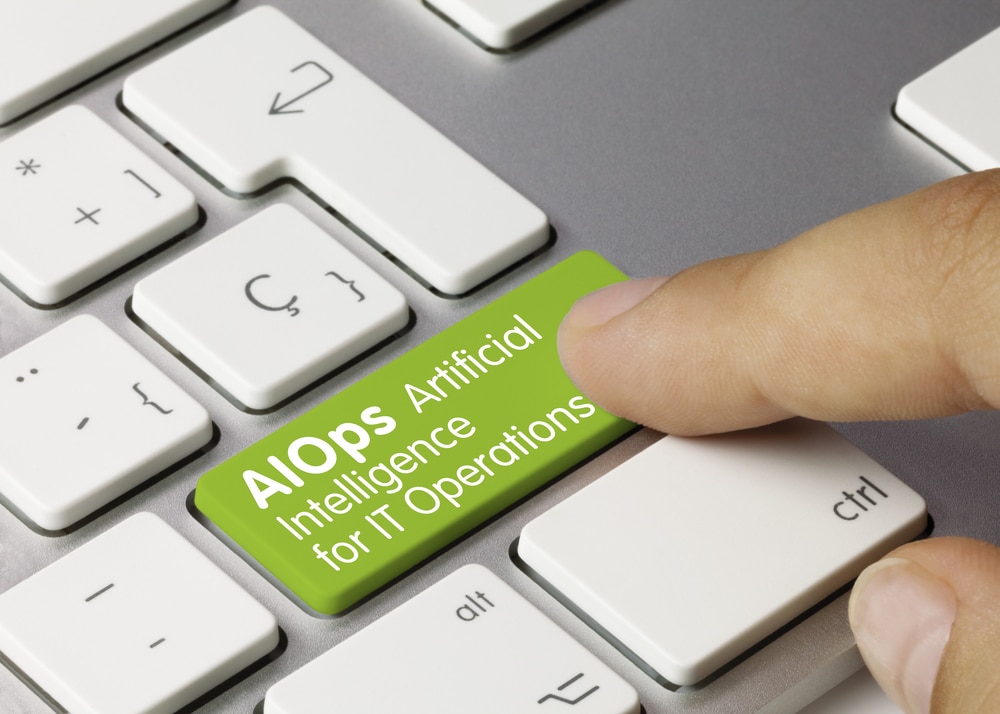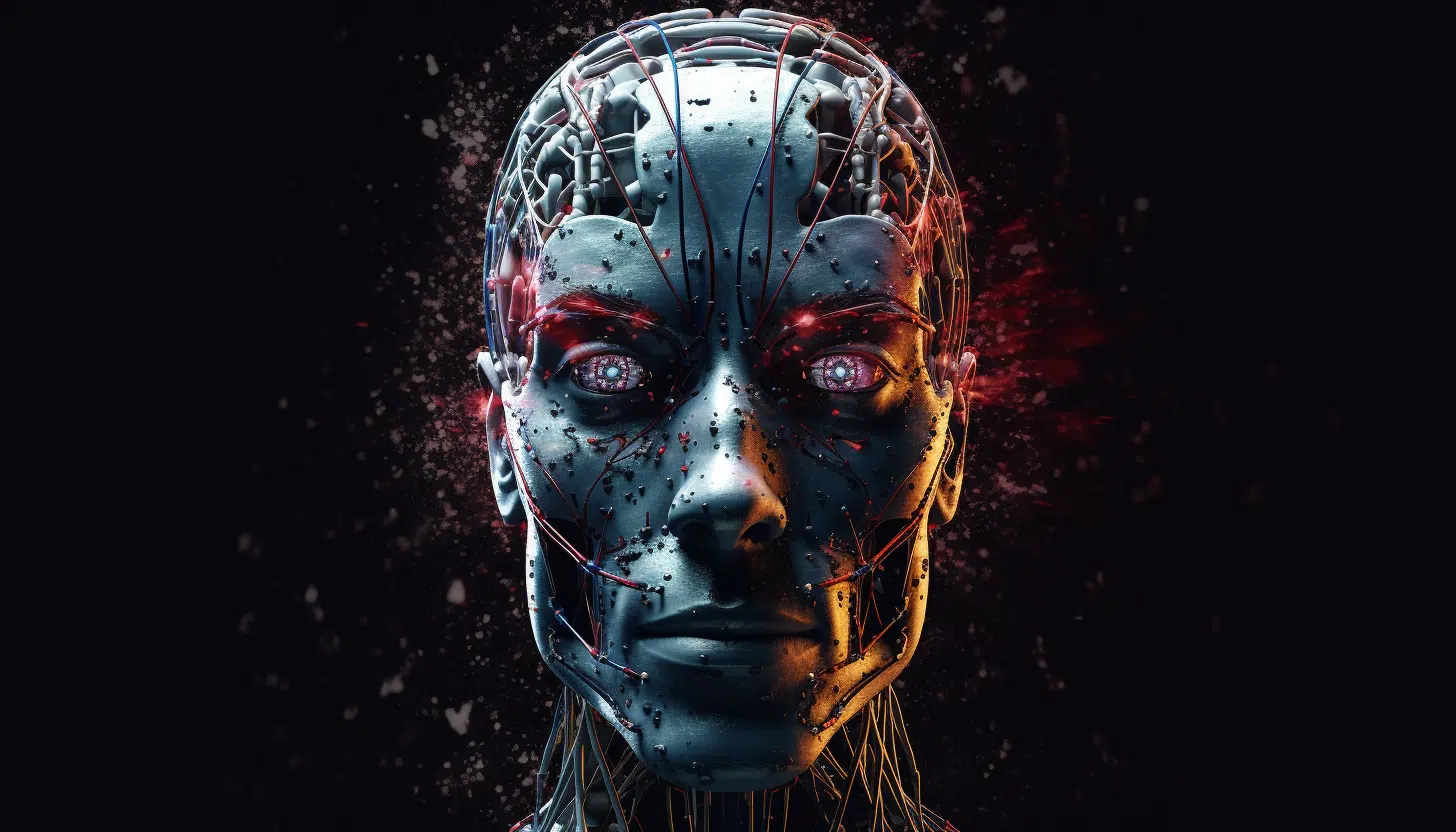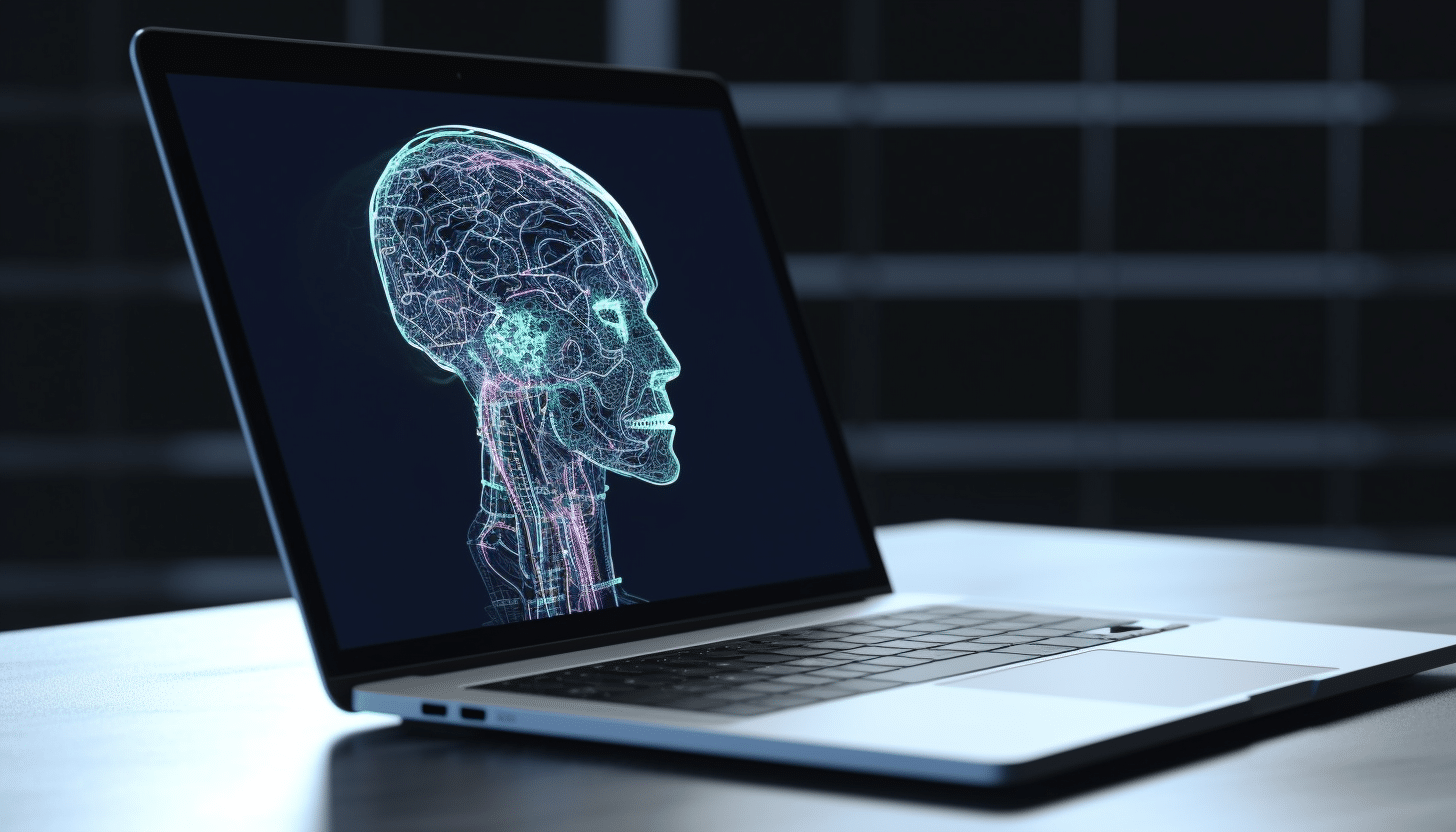
Three ways AI is changing the private equity game
Financial market participants, including banks, insurance companies, pension funds, and hedge funds, are all actively exploring ways to leverage artificial intelligence (AI), and private equity (PE) firms are no exception.
Three areas that are showing a significant return on investment (ROI) for AI among PE firms are deal flow, investment pre-screening, and risk intelligence, because it’s these areas where AI is helping them shift their window to act earlier than their peers. The private companies that PE firms invest in are simply far less transparent than public ones: There’s just not as much information about them, and the information that exists is generally much harder to get.

Leveraging AIOps to keep pace with cloud-native complexity
Companies have massively increased their cloud infrastructure investment in the relentless pursuit of innovation. Cloud-native apps, hybrid clouds, microservices, and serverless all enable companies to serve their customers with greater agility -- and at greater scale -- than ever before.
But the rapid adoption of these technologies has also created distributed cloud environments that are immensely difficult to understand and monitor with conventional observability tools.

How machine identity can close a critical AI accountability gap in the EU AI Act
European lawmakers are plowing ahead with what could be one of the most important pieces of legislation in a generation. The EU AI Act will take a notably more proactive approach to regulation than current proposals in the US and UK. But experts have spotted a critical loophole introduced in amendments to the legislation that could expose rather than protect citizens and societies from AI risk.
In short, this loophole could undermine the entire purpose of the proposed law and it must be closed. To do this successfully, legislators need to take steps to prioritize machine identities as a way to enhance AI governance, accountability, security and trust. Time is running out.

Privacy tool DoNotSpy11 updated with Windows 11 23H2 support and the option to disable Windows Copilot
Microsoft is just one of many tech companies that people view with suspicion when it comes to privacy. Over the years, Windows has been infected with all manner of privacy-invading telemetry features and settings -- particularly in the case of Windows 11 -- and there has been a fightback from users and software developers alike.
DoNotSpy11 is a tool that empowers concerned users to protect their privacy by blocking telemetry and disabling features of Windows. Now the software has been updated, and DoNotSpy11 version 1.2.0.0 introduces full support for the latest Windows 11 23H2 and makes it possible to disable the AI-powered Copilot.

The good, the bad and the scary of AI -- all in one week
AI has been very much top of the agenda this week. We've had President Biden's executive order on AI, we've had the AI Safety Summit in the UK, we've even had Collins Dictionary choosing AI as its word of the year (not to be confused with the three-toed sloth beloved of Scrabble players).
Today we also have new research from SnapLogic looking at how generative AI is being used, viewed, and adopted within large enterprises.

Streamlining public transportation CX with AI-powered chatbots
Public transportation systems have a rich history dating back over a century, with iconic examples like the 1863-established London Underground and New York City's subway, which began operations in 1904. While these systems have evolved alongside technological advancements and urban growth, the expenses involved in maintaining and modernizing them often surpass the available resources.
In the U.S., these upgrades tend to be notably more expensive than in other countries. For example, the installation of protective screen doors at just three subway stations in New York is estimated to cost a staggering $100 million. As a result, public transportation experiences often fall short of contemporary expectations, leading to delays, complex route planning and frustrations arising from the need to cross-reference information. All these elements contribute to reduced commuter satisfaction in comparison to alternative modes of transportation, such as cycling or driving.

Get 'ChatGPT For Dummies' (worth $12) for FREE
ChatGPT For Dummies demystifies the artificial intelligence tool that can answer questions, write essays, and generate just about any kind of text it’s asked for.
This powerful example of generative AI is widely predicted to upend education and business. In this book, you’ll learn how ChatGPT works and how you can operate it in a way that yields satisfactory results.

Secure software depends on clean code -- AI-generated or not
Software is immensely pervasive and foundational to innovation and market leadership. You’ve likely heard the popular phrase coined by McKinsey that "all companies are software companies." It’s true that businesses are competing and winning in their markets based on their ability to digitize and innovate. Almost every major enterprise, no matter its industry, relies heavily on software to deliver services, manage operations internally or promote itself.
Software starts with code, which means that secure or insecure code starts in development. As long as we continue to view security as a bolt-on or an after-the-fact fix, we’ll continue to widen the chasm between the pace of digital innovation and security’s ability to keep up. With AI-generated code increasing the volume and speed of software production without an eye toward code quality, this problem will only worsen. The world needs Clean Code. Without it, the performance of software will suffer, negatively impacting the business.

How to supercharge your productivity with AI: Tips and tools to work smarter, not harder
Productivity has significant importance in the contemporary dynamic work environment. AI has the potential to enhance operational efficiency and optimize operations by eliminating unnecessary tasks. AI has the potential to automate many procedures, provide valuable insights, and enhance workflows, hence enhancing professional productivity and overall cloud data management.
This piece explores the potential of artificial intelligence (AI) to enhance productivity.

How organizations can stay secure in the face of increasingly powerful AI attacks
It’s almost impossible to escape the hype around artificial intelligence (AI) and generative AI. The application of these tools is powerful. Text-based tools such as OpenAI’s ChatGPT and Google’s Bard can help people land jobs, significantly cut down the amount of time it takes to build apps and websites, and add much-needed context by analyzing large amounts of threat data. As with most transformative technologies, there are also risks to consider, especially when it comes to cybersecurity.
AI-powered tools have the potential to help organizations overcome the cybersecurity skills gap. This same technology that is helping companies transform their businesses is also a powerful weapon in the hands of cybercriminals. In a practice, that’s sometimes referred to as offensive AI, where cybercriminals use AI to automate scripts that exploit vulnerabilities in an organization’s security system or make social engineering attacks more convincing. There’s no doubt that it represents a growing threat to the cybersecurity landscape that security teams must prepare for.

Get 'Engineering Intelligent Systems' (worth $108) for FREE
As artificial intelligence (AI) and machine learning technology continue to develop and find new applications, advances in this field have generally been focused on the development of isolated software data analysis systems or of control systems for robots and other devices. By applying model-based systems engineering to AI, however, engineers can design complex systems that rely on AI-based components, resulting in larger, more complex intelligent systems that successfully integrate humans and AI.
Engineering Intelligent Systems: Systems Engineering and Design with Artificial Intelligence, Visual Modeling, and Systems Thinking relies on Dr. Barclay R. Brown’s 25 years of experience in software and systems engineering to propose an integrated perspective to the challenges and opportunities in the use of artificial intelligence to create better technological and business systems.

Security leaders worry about generative AI risks
A new survey of 300 senior cybersecurity stakeholders finds that 98 percent are concerned about the cybersecurity risks posed by ChatGPT, Google Bard, WormGPT, and similar tools.
The report from Abnormal Security shows the main worry is the increased sophistication of email attacks that generative AI will make possible -- particularly, the fact that generative AI will help attackers craft highly specific and personalized email attacks based on publicly available information.

Can AI be sneakier than humans?
We've all heard about how AI is being used to improve cyberattacks, by creating better phishing emails for example, but does AI really have the same potential for being sneaky as humans?
New research from IBM X-Force has set out to answer the question, ‘Do the current Generative AI models have the same deceptive abilities as the human mind?’

Predictive analytics and AI drive new anti-fraud technology
A new anti-fraud tool from Jumio uses predictive analytics and AI to look at billions of data points across the company's cross-industry network to identify patterns based on behavioral similarities and other indicators.
Jumio's analysis shows that 25 percent of fraud is interconnected, either being perpetrated by fraud rings or by individuals using the same information or credentials to open new accounts on banking sites, eCommerce platforms, sharing economy sites, etc.

Microsoft Edge may be using your browsing history to inform Bing Chat AI -- here's how to stop it
AI is just about everywhere now. Its ubiquity makes it nearly impossible to avoid, and Microsoft is just one of the big tech firms to have thrown everything at artificial intelligence.
As well as adding AI to Windows 11 with Copilot, Microsoft has also brought a generous dose of it to its Edge browser courtesy of Bing Chat. What users of this feature may not be aware of is that their browsing data is being used to personalize Copilot, meaning that a huge amount of potentially revealing information is being shared with the artificial intelligence tool.
